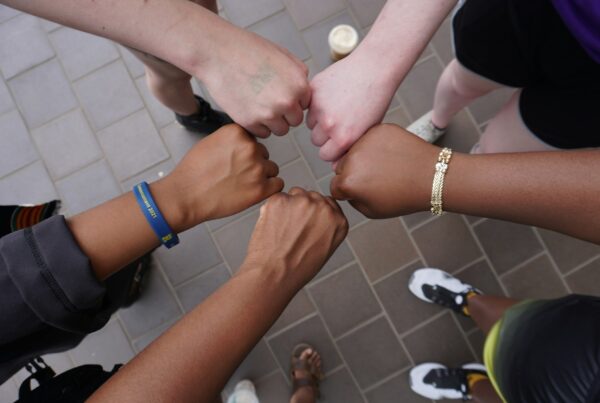You may already have a sense of the resources colleges offer to support students on campus.
Service centers such as the library, advising, campus dining, public safety offices, and student life or campus recreation offices are obvious standard ways colleges support students’ physical, social, and academic needs. However, many colleges are offering innovative services designed to “wrap-around” the entire student. Here are a few to ask about on your next tour.
1. Health, Counseling, and Wellness Center.
Health centers are no longer just on-campus clinics that provide basic urgent care services. Many have adopted a more expansive view of health and wellness, given the impact of mental and overall well-being on student persistence or dropout. You should ask whether the colleges on your student’s list offer services such as individual or group counseling, telehealth, meditation or yoga courses, addiction treatment, and resilience or life skill-building.
2. Academic Success Coaching.
Academic success coaching is different from academic advising. Traditionally, an academic advising program helps ensure that students reach specific milestones required for graduation. For example, an academic advisor might work with you on registration or a degree plan–making sure you take the right courses at the right time to earn enough credit hours in your major to graduate. These processes tend to be driven by university policy and transactional. Success coaching tends to be more holistic, individualized, and heavily involves the student in long-term solution creation. For example, a success coach may work with a student on a plan to address obstacles that could get in the way of a student staying on track. This could look like a decision-making framework a student will use when they have to choose between social activity and a deadline, or helping a student find a study, help-seeking, or organization strategy that works for them.
3. Fellowships Office.
Does your student gravitate towards opportunities to make an impact on the world? Are they curious and creative, or voracious scholars? Do they have an entrepreneurial spirit? Then you should ask about Fellowships support! Fellowship offices help connect students to competitive, prestigious, or little-known sources of funding to support academic, professional, international, or research interests. Awards such as the Fulbright, Gilman Scholarship, Rhodes, or NSF grants can help your student study abroad as an undergraduate, pursue a funded teaching or public service year, conduct research at a national level, or pursue fully-funded graduate study.
4. Parents Programs.
You might think the main role of a Parents’ Program office is to fundraise. Although you might encounter some fundraisers in these organizations, they also have a wealth of resources designed to help keep you informed about campus happenings and to support you as you play an important role in your child’s transition to and success in college. Beyond orientation programs, family weekends, and newsletters, many parent programs offer workshops for helping your student become more independent or can serve as liaisons to other offices if your student encounters an issue they cannot resolve on their own.
5. Career and Internship Offices.
At many colleges, career services have evolved from a single office that helps seniors with resume writing to an integrated network of resources for personal and professional development that your student can and should access from day 1. Career offices partner with academic programs to connect classroom learnings to real-world applications. Many host self-discovery and life design workshops to encourage students to identify and explore their strengths, values, and passions as early as freshman year. Other events include job or internship fairs, mock interviews, alumni panels or networking events, and even executive leadership coaching opportunities.
6. Student Employment.
If your student has a work-study award or otherwise wants to find a job on or off-campus, the Student Employment office is a conduit to opportunity. In addition to connecting students to offices, internal job boards, and vacancies, they usually have resources for balance. Counterintuitively, working on campus no more than 15 hours per week is actually associated with better academic performance and can provide a built-in social support group of peers and older student mentors.
7. Alumni Office.
Understanding the lifelong support a college can provide your student is an important part of the decision-making process. Asking about the levels of involvement or presence of regional alumni chapters nationwide (and internationally!) can give you some clues about how satisfied former students are with their alma maters. Specifically, dig into what opportunities are provided for student-alumni interaction, industry networking, mentorship programs, and alumni perks such as discounts, library access, advisory boards, or class audit privileges.
Choosing a college is a major investment for your student and your family. You definitely want to understand how innovative a school will be with its investment in supporting your student for four years and beyond.
F-2659013P-Y0123W










